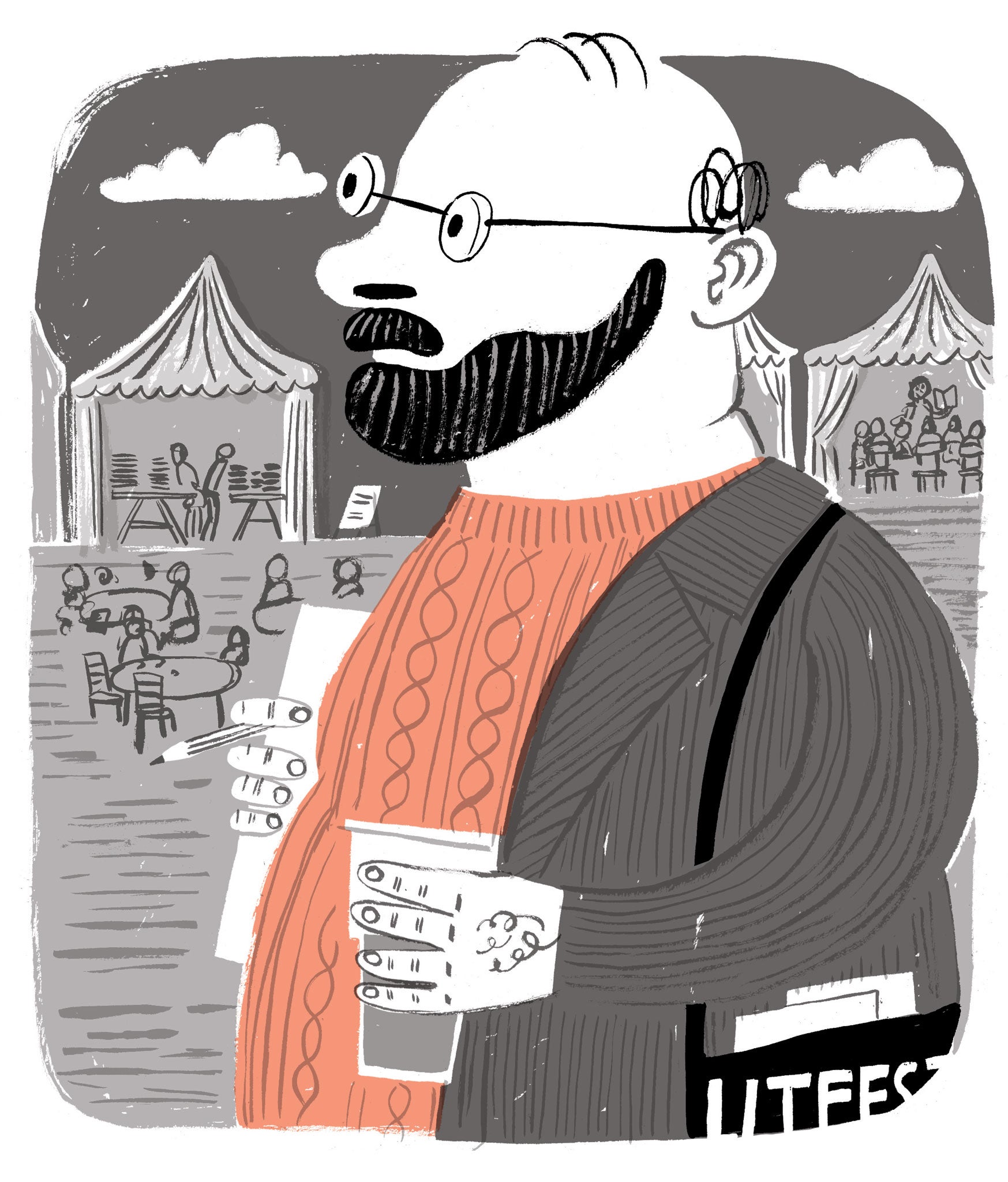You may not have heard of the novelist Stanley Accrington, author of Up North and Morpeth Confidential, for he died more than 30 years ago and the greater part of his oeuvre is long out of print. On the other hand, while the average public library is liable to turn up only an ancient copy of 'Twixt Tees and Tweed – a collection of the once-celebrated column he contributed to a national broadsheet in the early 1970s – books about him are, mysteriously, everywhere to hand.
The newcomer to his work might begin with Accrington: An Approach, which, as well as covering the fiction, discusses his autobiography, A Geordie's Son. Those more versed in the intricacies of post-war fiction are directed to Accrington: Glamour in Gateshead. And yet at the heart of Accrington studies, experts insist, lies the two-part biography authorised by his widow, Stanley Accrington: Life, Mind and Art (Vol I: Born on the Scottswood Road: 1897-1937, Vol II: Didst Tha' Niver Eat Stottie Cake?: 1938-1980). All these books are the work of Ian Littlejohn, Professor of English Studies, University of Loamshire.
Fattish, a few strands of brownish hair still plastered over his rapidly balding head, fond of mustard pullovers worn with green corduroy suits, the Prof can often be found at literary festivals discussing his enthusiasm for "this great northern writer". And why exactly is Accrington worth reading? Well, as Professor L will tell you, he is so wonderfully representative of the great tide of working-class writers who erupted on to the incorrigibly genteel post-war literary scene: son of an illiterate tinker; down the mine at 14; black-listed by every employer on Tyneside for his union activities; veteran of the Jarrow March.
Yes, questioners sometimes continue, but is he actually any good? And here Accrington's champion turns ever so slightly coy, offering only that while the work may have dated a little, as a portrait of provincial society in flux, it is of great interest to social historians.
In fact, Professor Littlejohn has an idea that the Accrington revival has gone as far as it can. Happily, he is now hot on the trail of Edna Millington (1871-1945), the self-styled "Bardess of Barnsley". The university press has already come up with a contract, and the possibilities, as Professor Littlejohn reminds himself, are endless.


Join our commenting forum
Join thought-provoking conversations, follow other Independent readers and see their replies